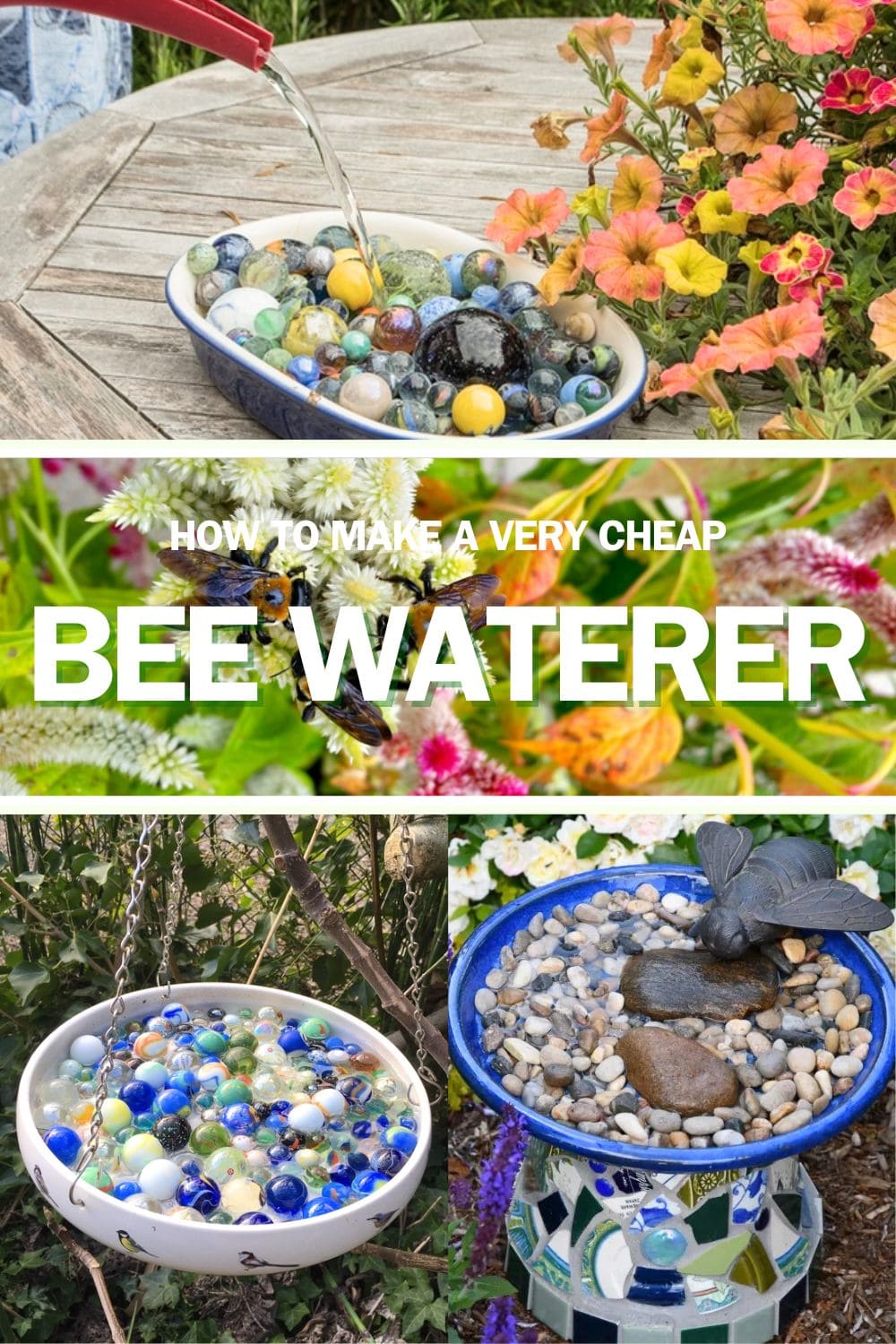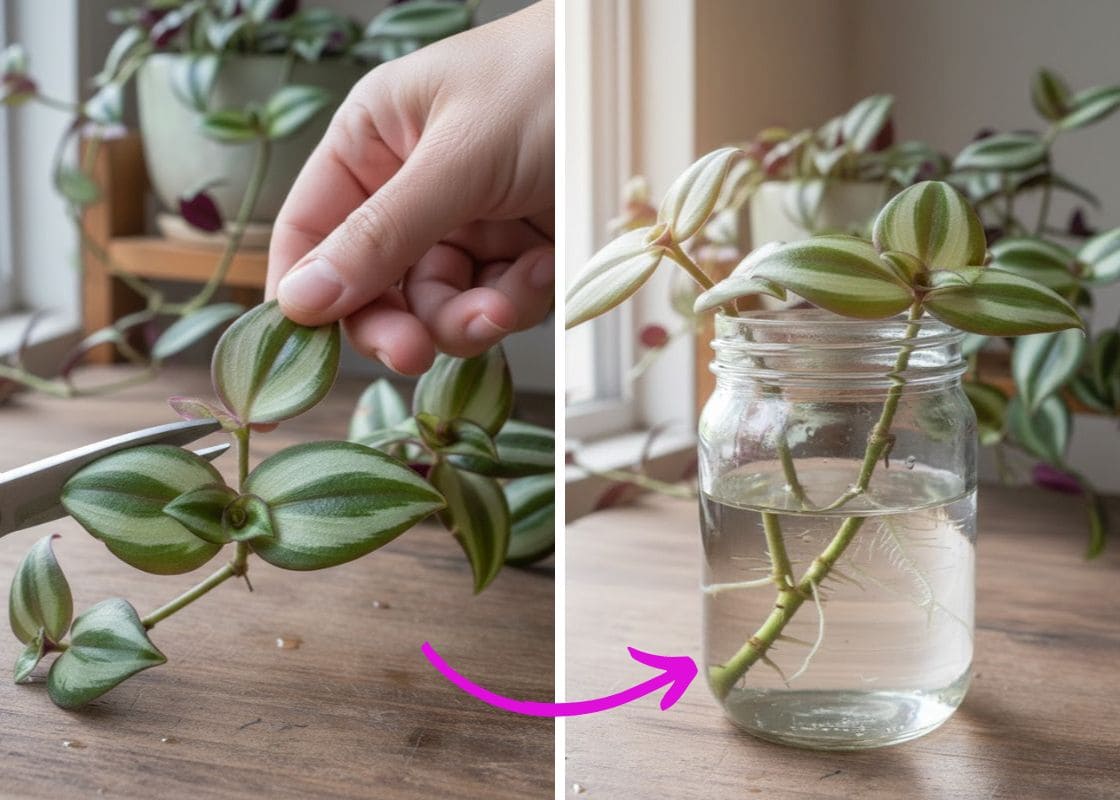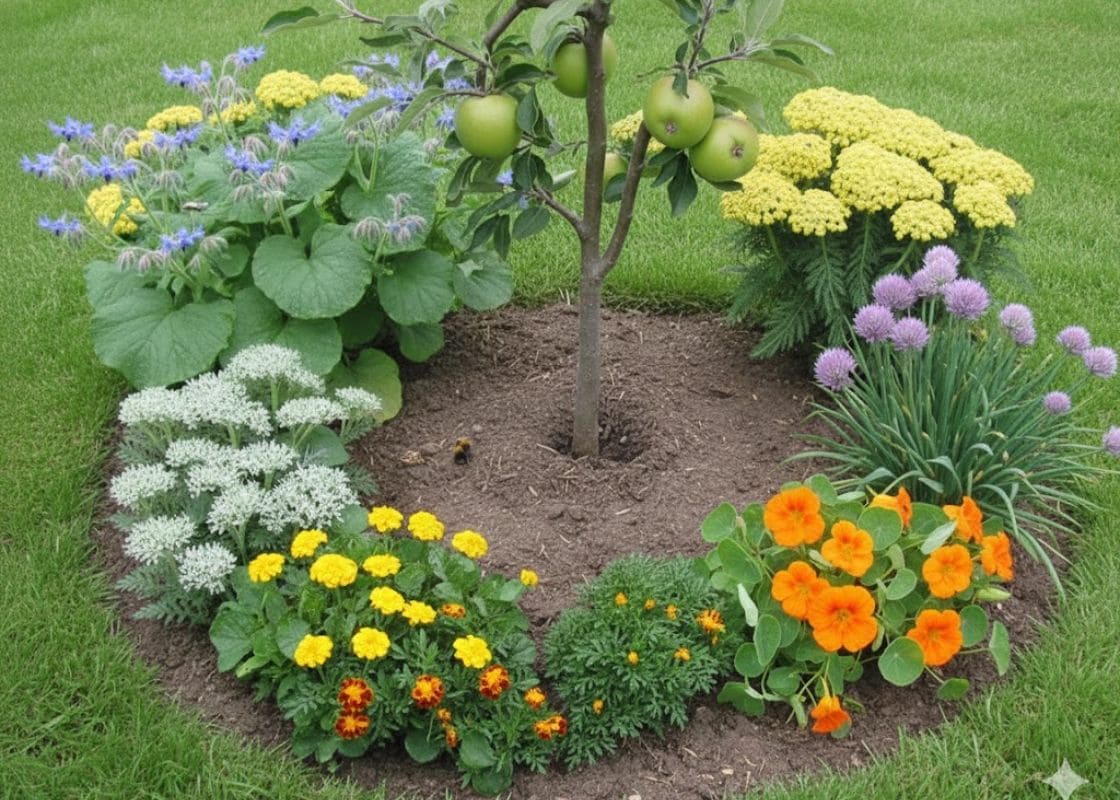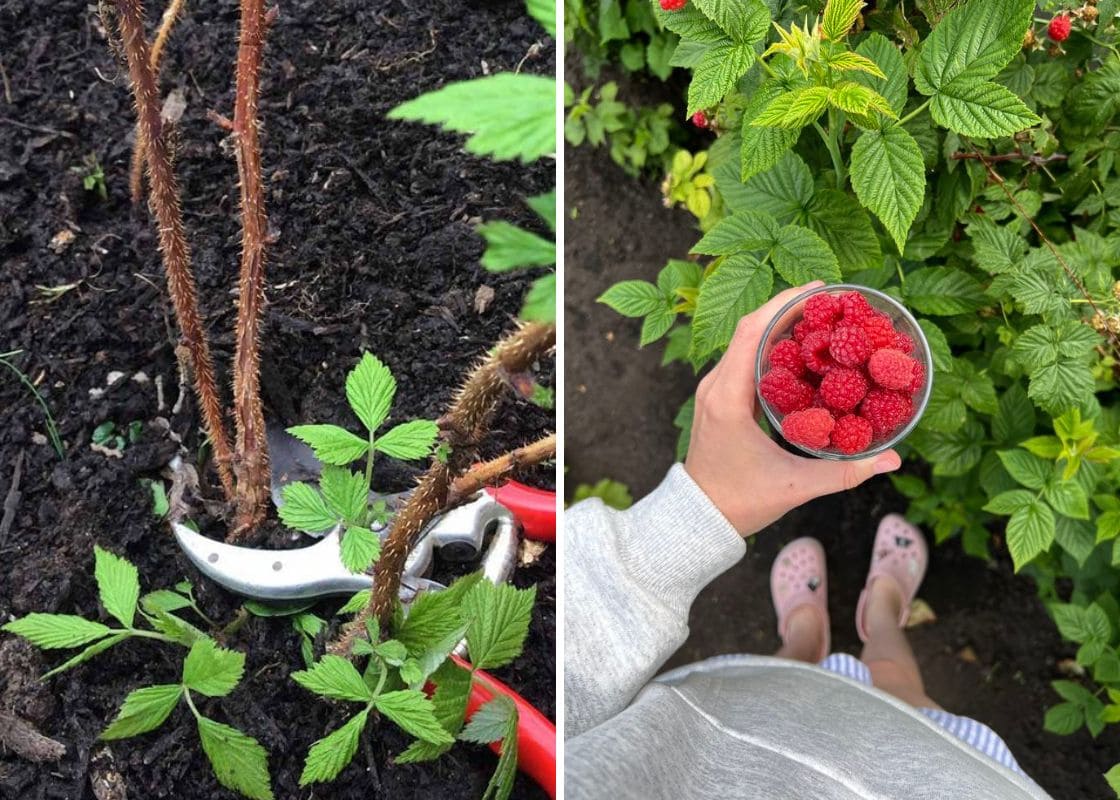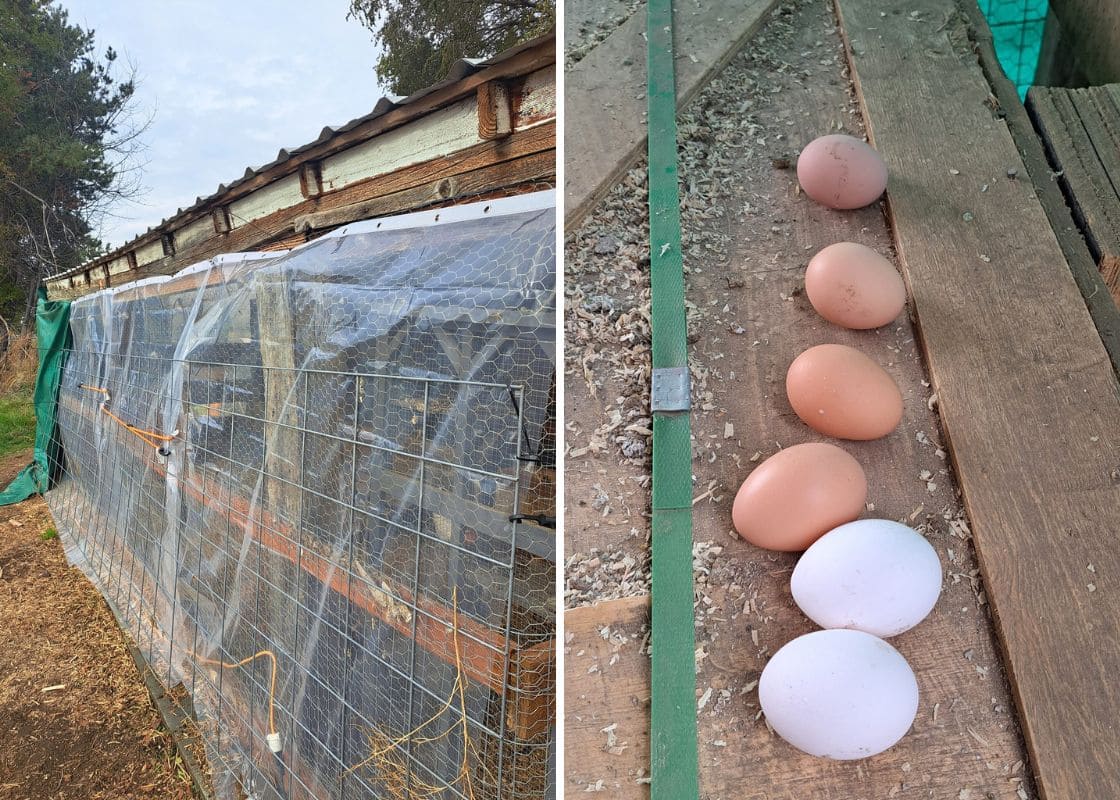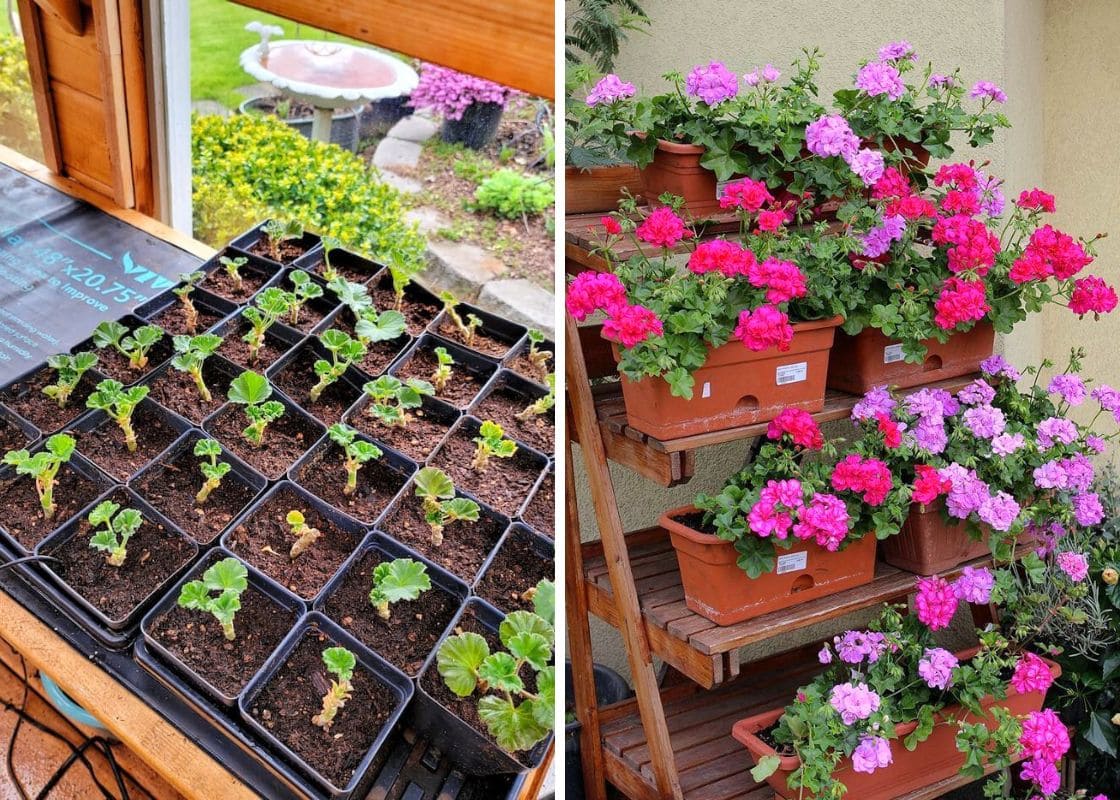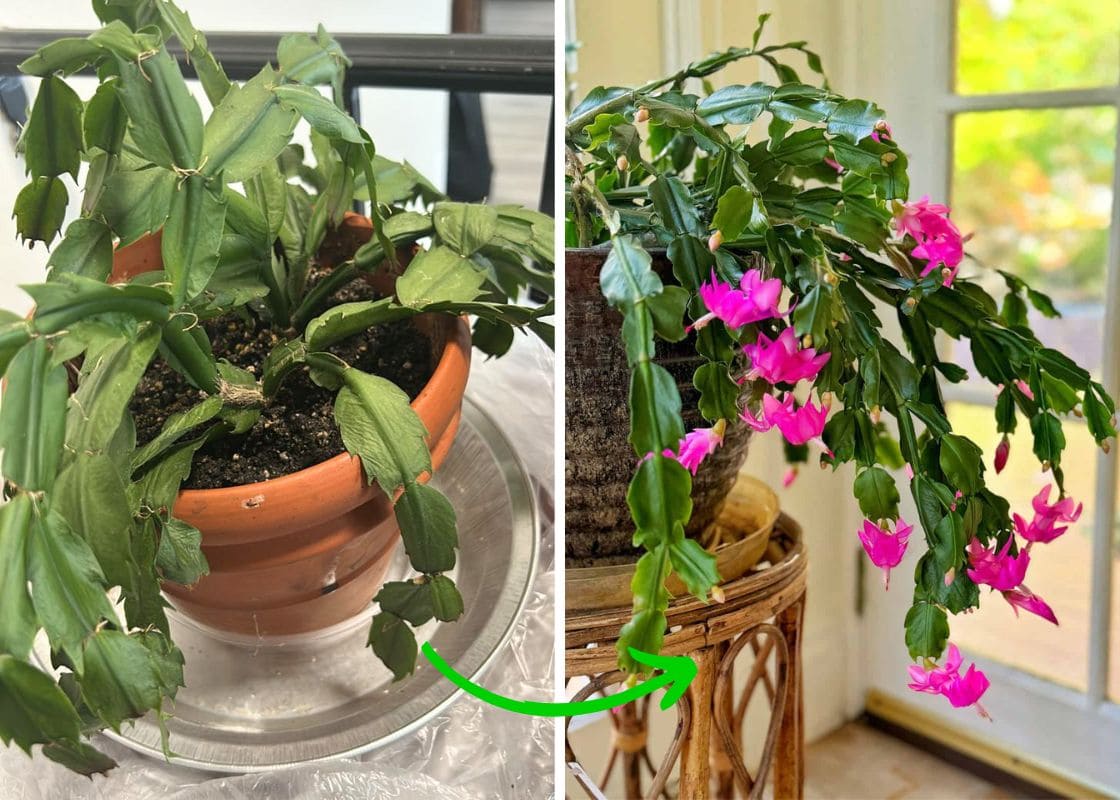My garden is a vibrant haven of blooming flowers, attracting a delightful swarm of bees daily.
However, I’ve noticed they often struggle to find safe drinking spots amidst their busy work.
If you own a garden covered by flowers’ fragrance like me, providing a bee waterer permanently is very necessary.
Summary:
- Bees need water for drinking, cooling their hives, and diluting honey.
- A bee waterer can be made using simple materials like small rocks, a shallow dish, and water.
- Regular maintenance is important to ensure the water remains clean and safe for bees.
Understanding the Importance of Bee Waterers
Why Bees Need Water
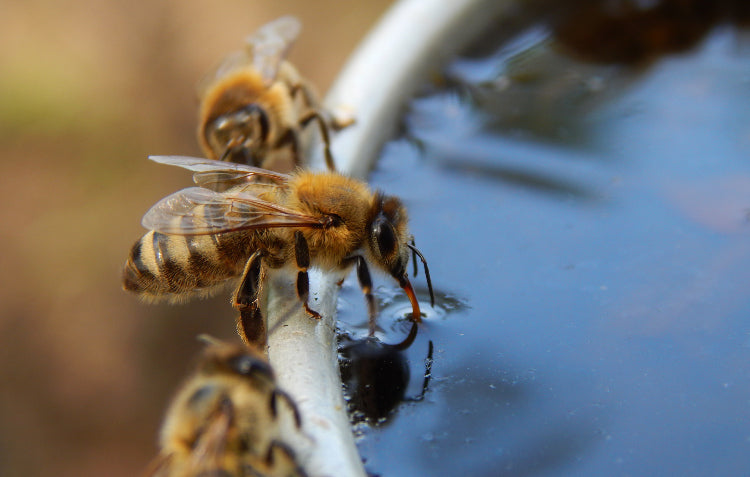
Bees, like all living creatures, need water to survive. They don’t just drink it; they use it for many tasks in their hive.
For example, bees spread a thin layer of water over their honeycomb to cool down the hive on hot days.
They also mix water with pollen to make a kind of bee bread, which they feed to their young.
Without a reliable water source, bees can struggle to keep their hive at the right temperature and to feed their larvae properly.
Impact on Local Ecosystems
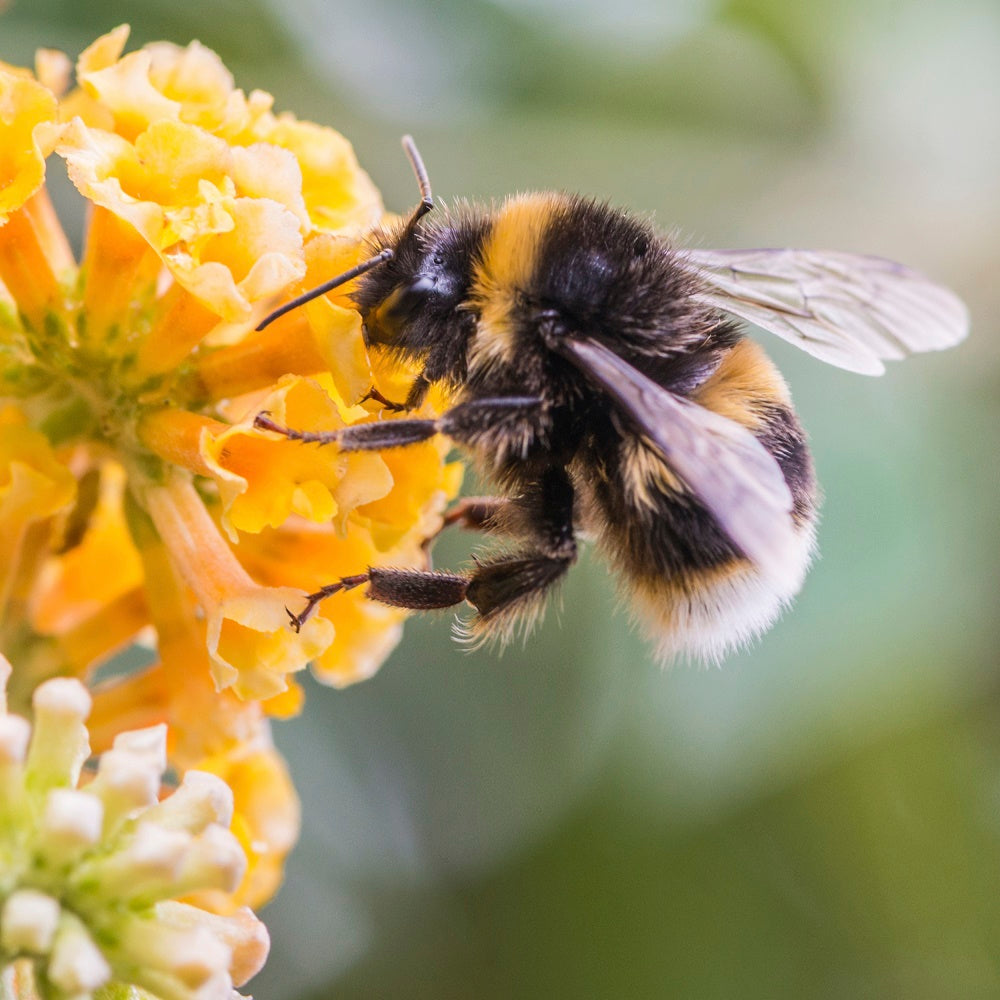
Bees are important pollinators, which means they help plants reproduce by spreading pollen.
When bees have access to water, they are healthier and more efficient at pollination, leading to more flowers, fruits, and vegetables.
In turn, this supports other wildlife, like birds and small mammals, creating a more vibrant and balanced ecosystem.
How to Make a Bee Waterer
Needed Materials
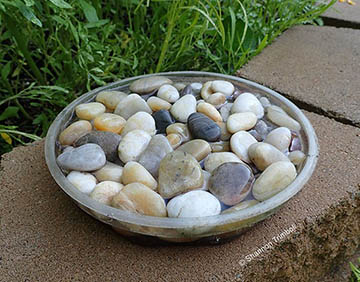
You need to prepare:
- Small rocks, pebbles, or marbles: $5-$10
- A shallow dish or saucer: $1-$3
- Water: Free
Total: $6-$13. This project is very affordable, making it easy for anyone to create a bee-friendly environment in their garden.
Detailed Guide
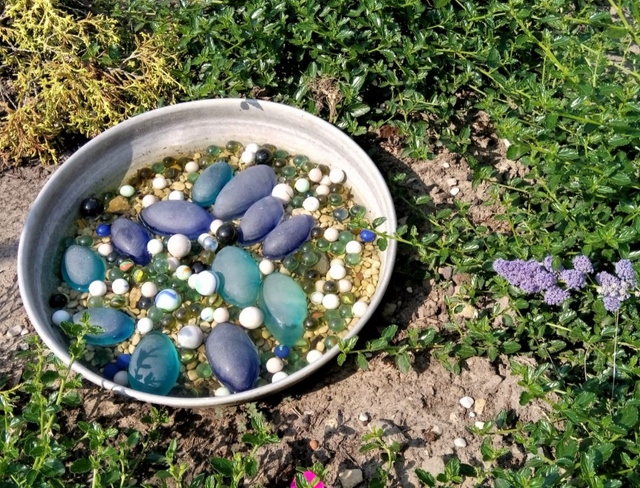
First, find a suitable location for your bee waterer. It should be in a sunny spot, protected from the wind, and near plants that bees frequent.
Next, fill your shallow dish or saucer with water and add the small rocks, pebbles, or marbles to the dish.
Finally, place the waterer in your chosen location and keep an eye on the water level.
Maintenance Tips
You need to make sure to change the water regularly as well as refill during hot weather.
Stagnant water can attract mosquitoes and other pests, which can be harmful to bees. Fresh water is also more appealing to bees, encouraging them to return.
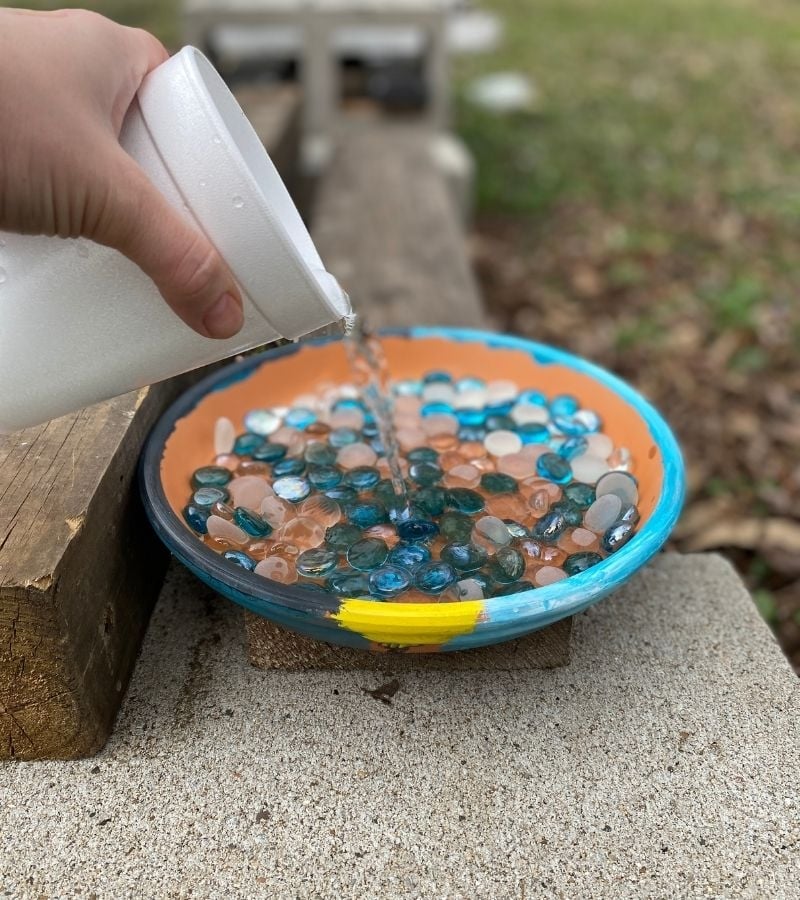
Next, you have to clean the waterer often to prevent algae and mold from growing.
Use a gentle brush and mild soap, then rinse thoroughly to ensure no soap residue remains and keeps the water safe for the bees.
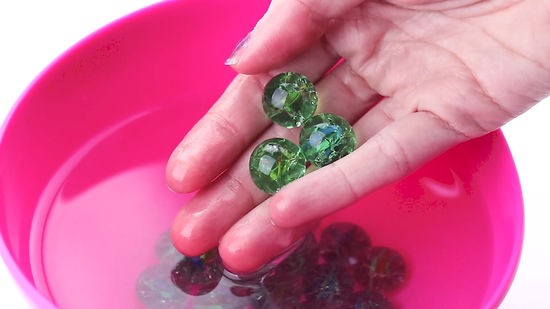
Lastly, inspect the pebbles or marbles in the waterer. Over time, they can become dirty or slimy.
You rinse them off or replace them to maintain a safe landing spot for the bees.
Some other designs of bee waterer you can refer to:





